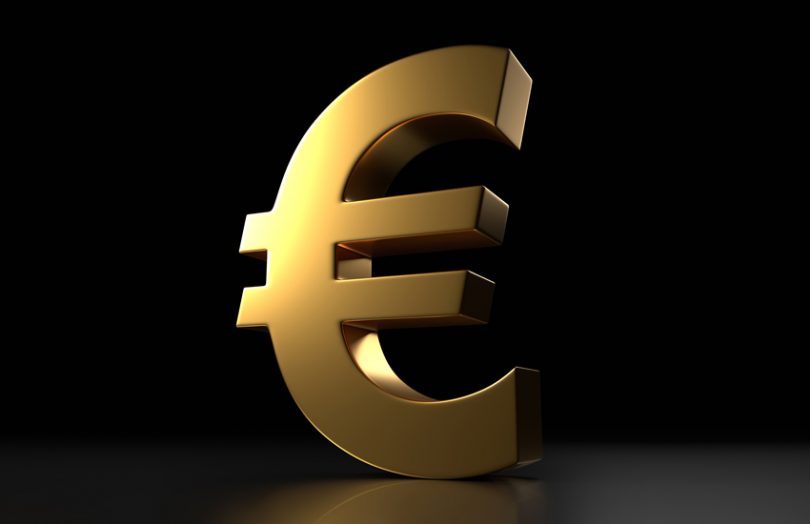The Italian Banking Association or Associazione Bancaria Italiana (ABI) and its ABI Lab have initiated a digital euro research project. Multiple countries are contributing research towards the European Central Bank’s (ECB) work on its central bank digital currency (CBDC). However, the Italian project refers to it only as a “digital euro” and does not mention any involvement from the country’s central bank, Banca di Italia, although we’ve requested confirmation.
The group plans to explore the technical feasibility of leveraging distributed ledger technology (DLT) for a digital euro currency.
The ABI has a strong track record and hence potentially could make a valuable contribution. More than 100 Italian banks are in production with blockchain nodes as part of its Project Spunta, which enables automated reconciliation of interbank accounts using a blockchain solution leveraging R3’s Corda.
Much of the same team will be involved in the digital currency project, including Spunta developer NTT Data and Italian backbone provider SIA. Other participants are consulting firm PWC and technology firm Reply. The latter is the partner in “Fideiussioni Digitali“, a Banca di Italia sponsored project for blockchain surety bonds to reduce fraud.
The digital currency initiative is open to any banks that wish to participate. The big advantage is that so many banks already have nodes.
The digital euro experiments will focus on two areas. The first is the technical infrastructure feasibility and the second is use cases that take advantage of the currency programmability enabled by DLT.
Six months ago, the ABI said that it was keen to get involved in the digital Euro experiments. It has reiterated the ECB’s objectives are to be prepared for increased digitization, the move away from cash usage, and to be able to respond to private digital currencies, which of course includes Facebook’s Diem (formerly Libra).
Several European countries have publicly announced digital euro projects, including the central banks of France, Estonia, and Spain, amongst several others.






